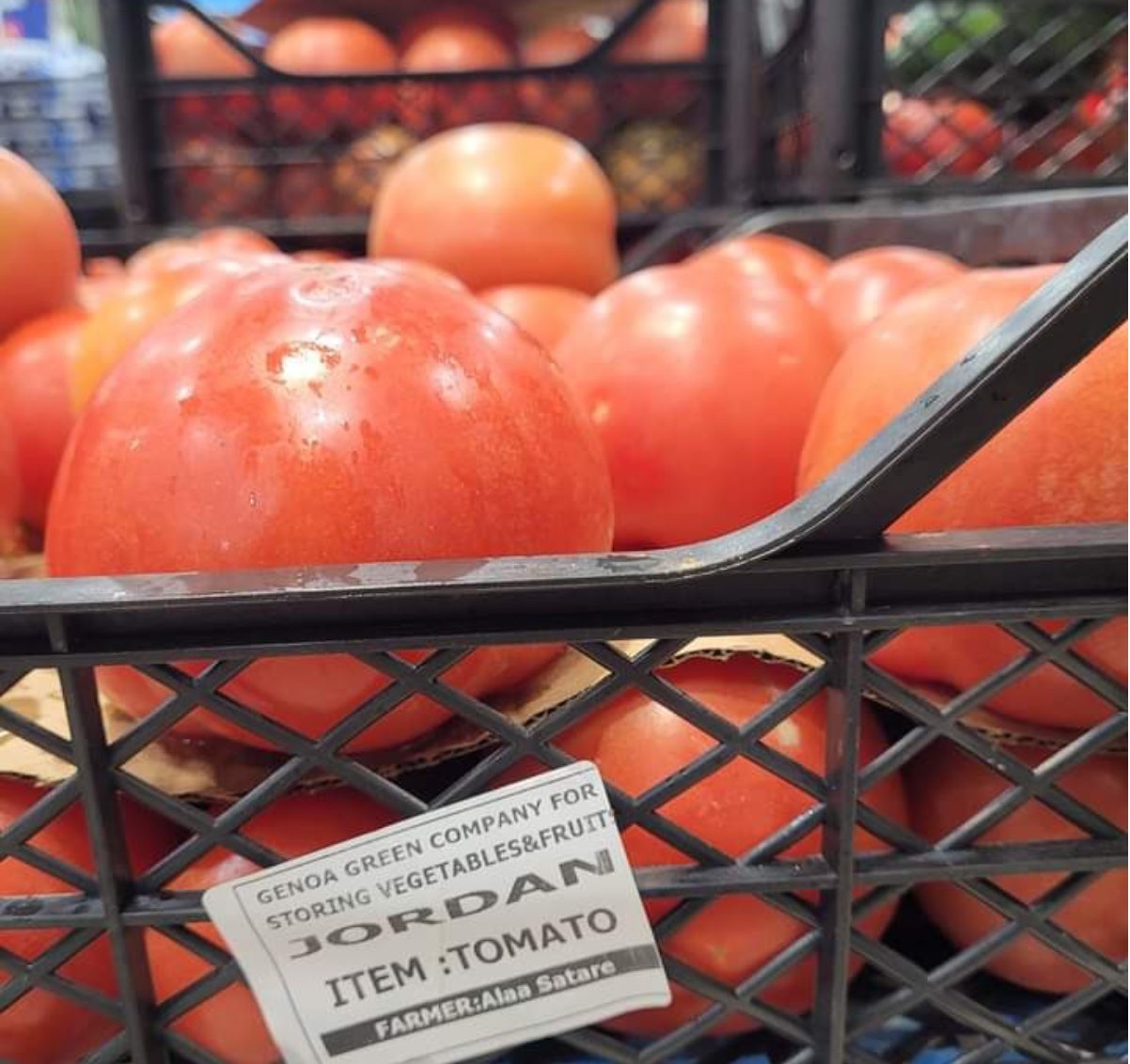Palestinian Hunger Crisis and the Surplus of Jordanian Tomatoes in Israeli Markets

Watan-A stir was caused on social media platforms after a picture circulated showing Jordanian tomatoes in Israeli markets.
This anger comes amidst the starvation war waged by the Israeli occupation on the Gaza Strip, which has led to the deaths of several citizens due to hunger, particularly in the northern areas of Gaza.
Numerous activists posted pictures of Jordanian tomatoes found in Israeli markets, eliciting angry reactions.
بينما تجوع غزة
دفعة جديدة من الطماطم الاردنية تصل الاسواق الإسرائيلية هذا اليوم.
تعليقكم ؟ pic.twitter.com/J2c2d58HOG
— Hanzala (@Hanzpal2) February 20, 2024
Jordanian traders are fulfilling Israeli needs
Jordanian traders are supplying vegetables and fruits to the Israeli market to compensate for the shortage amid the ongoing war, as the flooding of Al-Aqsa operation led to the halt of produce from settlements in the Gaza envelope.
في الوقت الذي يأكل المستضعفين في غزة براز الحيوانات من شدة الجوع
دفعة جديدة من الطماطم الاردنية تصل الاسواق الإسرائيلية هذا اليوم
هذا لتعلموا ان ههذ الانظمة هي الجدار الاول الحامي لليهو
واسقاطها بداية العز pic.twitter.com/u6WUFg2rgC
— سعيد المسيب (@alshaj370092) February 20, 2024
Israeli reports previously revealed that some traders were labeling Jordanian tomatoes flowing into the Israeli market as “Israeli produce” after the halt in production due to the “Al-Aqsa flooding” on October 7.
Israeli consumers spotted “Israeli produce” signs in store branches placed on boxes of Jordanian tomatoes.
All major supermarket chains are flooding the market with tomatoes from Jordan, given the increasing shortage due to damages inflicted on agriculture near the Gaza Strip.
بينما تجوع غزة
دفعة جديدة من الطماطم الاردنية تصل الاسواق الإسرائيلية هذا اليوم.#دفعة_2024 #يوم_التاسيس #غزة_الآن #غزه_تموت_جوعاً #Free_Gaza #Free_Palastine #اسرائيل_إرهابية pic.twitter.com/rzyxMqM68Y
— كاتبة صحفية maya👸🏻 (@maya79090264) February 20, 2024
Gaza envelope crops cover half of Israelis’ needs
The cultivated areas in the Gaza envelope make up about 50% of the Israeli market’s needs.
The severe shortage in labor force hindered harvesting and caused many crops to rot, with farmers in those areas confirming they will not plant next season due to the absence of Thai workers.






